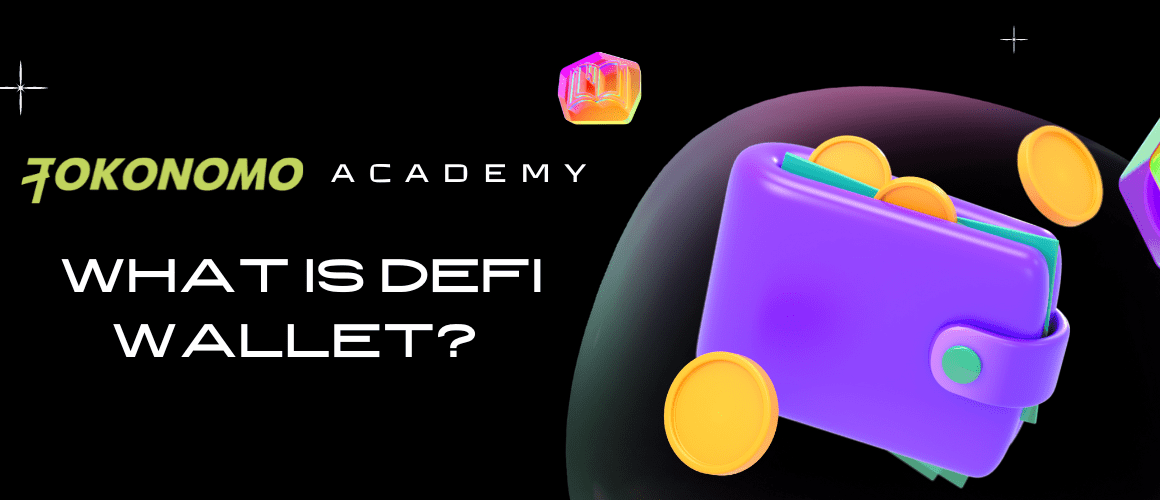To use all the delights of decentralized finances, you need a specialized DeFi wallet. In this article, you will get to know what is DeFi wallet, what are the variations, and how to use them.
What is a DeFi wallet?
DeFi wallet is a form of digital wallet used to store cryptocurrency. By cutting out middlemen, these digital wallets are different from the traditional cryptocurrency storage options. Since only the owners of these wallets have access to the funds through a key phrase that serves as a password, no institutions or businesses have access to them.
Why is it needed?
Web3 wallet is needed to use everything in DeFi. Sending assets, using dApps, signing transactions, etc. Without DeFi wallet you can’t do anything in decentralized finance. Basically, creating a web3 wallet is the first step in using DeFi.
DeFi wallet advantages over traditional centralized crypto storages
- Non-custodial nature
No bank or business may access your assets or manage them in any manner when you use a non-custodial wallet. Only those who are aware of the keyword phrase can access it. - Powerful key
Even though the passwords are quite strong, the wallets do not use them. To serve as a key, a lengthy twelve-word phrase is constructed. It is the owner’s responsibility to keep the term safe. - Accessibility
Several cryptocurrencies can be kept in one DeFi wallet at once. Each wallet supports a different set of cryptocurrencies. - Compatibility
The fact that many desktop DeFi wallets function as browser extensions is quite useful for users. DApps also have begun to be included into mobile devices running iOS and Android to make it simpler to access wallets.
Variations of DeFi wallets
DeFi wallets come in a variety of varieties depending on how they connect to the Internet and what kind of devices they work with.
- “Cold wallet”
The wallet must be plugged into a USB device or something comparable to access tokens in order to use cold storage, which is the safest and most secure option. They are viewed as a more secure form of cryptocurrency wallets because hardware wallets and some software wallets use cold storage and are often non-custodial. - “Hot wallet”
Hot storage wallets constantly maintain an Internet connection. Since a user must connect to the exchange platform through the internet in order to access, manage, and trade their funds, exchange wallets use hot storage. Hot storage wallets are more vulnerable to attacks and counter-party activity since hot storage requires the internet.
Are DeFi wallets secure?
Comparatively speaking to other crypto wallets, DeFi wallets are highly secure. DeFi solutions are non-custodial, meaning your private information and assets are not accessible through intermediaries. Each user is fully responsible for safeguarding their secret access keys, so it is imperative that they take great care to do so.











